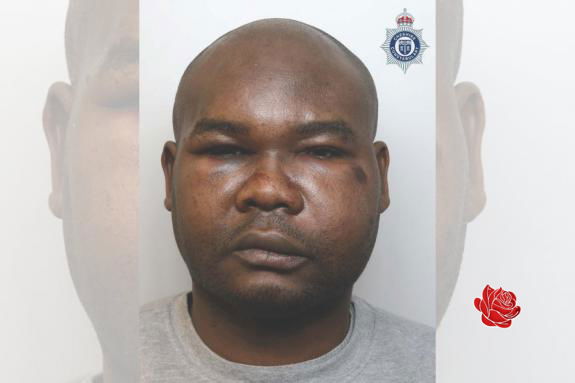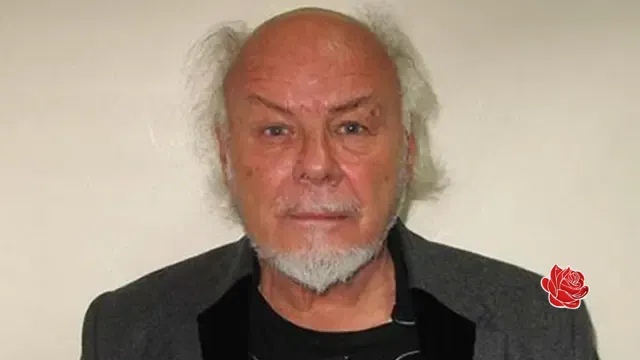Christopher Boardwell's Social Media Accounts
Know a Social Media Account Linked to Christopher Boardwell?
Want to add information? Log in to your account to contribute accounts and phone numbers.
CHRISTOPHER BOARDWELL FROM PADIHAM AND WARRINGTON SENT BACK TO PRISON FOR BREACHING SEX OFFENDER RESTRICTIONS
In November 2020, a convicted sex offender named Christopher Boardwell found himself back behind bars after violating the strict conditions of his release. The case highlights ongoing concerns about the monitoring and management of individuals with a history of child sex offences, especially those who fail to adhere to legal requirements.Boardwell, who was placed on the sex offender register in 2015 following a series of serious child sex offences, was found to have breached his legal obligation to inform police of his current address. This requirement is a standard part of the conditions imposed on offenders to ensure ongoing supervision and risk management. His failure to update authorities about his whereabouts earlier this year led to his arrest and subsequent imprisonment.
During the court proceedings, prosecutor Isobel Thomas provided a detailed account of Boardwell’s criminal history. She explained that his initial conviction stemmed from an incident in 2012, where he attempted to persuade a female under the age of 13 to engage in penetrative sexual activity. The case involved disturbing online interactions with girls as young as 12, including one instance where he encouraged a girl to perform sexual acts on herself via webcam. As a result, Boardwell was sentenced to 18 months in prison, suspended for two years, and was ordered to remain on the sex offender register for a decade.
One of the key conditions of his release was that he must notify police of any change of address. Additionally, he was subject to regular visits from authorities to assess his risk level and ensure compliance with the terms of his release. On February 7, this year, Boardwell informed police that he was residing in Padiham with his father. However, when officers visited the address on August 29, they were told by his father that Boardwell had not been living there for several months and believed him to be staying with his girlfriend in Warrington.
Further inquiries revealed that Boardwell’s father, who was contacted by police, confirmed that his son was now living with his girlfriend in Warrington. The officers then reached out to Boardwell, who admitted that he had been staying with his partner. He was subsequently arrested the following day and taken in for questioning. During the interview, Boardwell acknowledged that he had moved out of his father’s house due to the ongoing coronavirus pandemic. His girlfriend confirmed that she was aware of his previous convictions and assured authorities that no children were present at their address.
It was also noted that Boardwell, formerly residing on Barrowford Road in Padiham, had a history of breaching the conditions of his release. This included a previous incident where he created a Facebook profile to contact a young girl, which raised further concerns about his compliance and risk to the community.
Representing himself, James Heyworth, the defendant’s solicitor, argued that Boardwell had made efforts to turn his life around since his last release in 2017. He highlighted that his client had engaged with the probation service, obtained qualifications, and was now employed as a team leader at a company in Warrington. Heyworth urged the court to consider a shorter sentence if possible, emphasizing that his client was making positive strides in society.
However, Judge Graham Knowles QC was not convinced. He sentenced Boardwell to 14 months in prison for breaching the conditions of his release. In his remarks, the judge stated, “You knew you were subject to restrictions and you chose to ignore them.” He further added, “You are just the kind of person the police need to keep very close tabs on, not one that should vanish leading them to track you down.” The ruling underscores the importance of strict supervision for offenders with a history of child sex offences, especially those who attempt to evade monitoring by moving or failing to update authorities about their whereabouts.



















